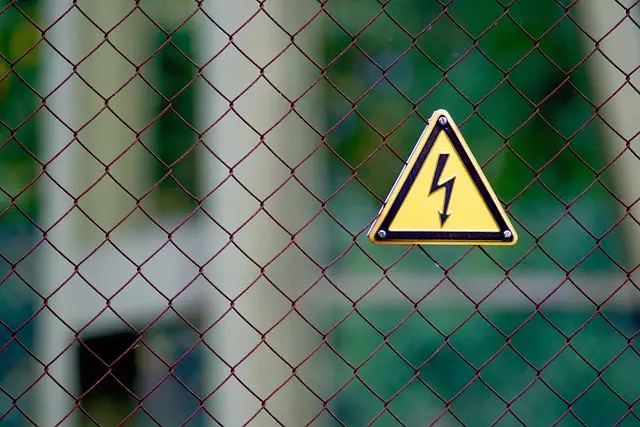Athletic recovery requires a holistic approach, and while traditional RICE methods are common, kratom—a natural herb derived from Mitragyna speciosa, legal in Michigan under specific conditions—emerges as a potential solution for faster pain and inflammation relief post-exercise. Athletes in Michigan explore kratom's benefits as an alternative to prescription drugs, aiding in quicker recovery and maintaining training routines. However, understanding local regulations and consulting healthcare professionals is crucial before integrating kratom into recovery strategies, especially considering its legality varies within the state.
In the pursuit of peak athletic performance, optimizing recovery is key. This article explores a unique approach to accelerating recovery times for athletes using kratom coaching, a holistic strategy gaining traction in competitive sports. We begin by delving into the science behind athletic recovery and its profound impact on performance. Subsequently, we introduce kratom as a potential natural remedy, analyzing its benefits and addressing crucial questions, particularly “Is kratom legal in Michigan?”
- Understanding Athletic Recovery and Its Importance
- Exploring Kratom as a Potential Aid for Athletes
- Is Kratom Legal in Michigan? A Comprehensive Overview
Understanding Athletic Recovery and Its Importance

Athletic recovery goes beyond simply resting between intense training sessions. It’s a complex process involving physical, mental, and emotional restoration to prepare an athlete for their next peak performance. A crucial aspect is managing pain and inflammation—common after rigorous exercise or competitive events. Traditional methods include rest, ice, compression, and elevation (RICE), but for many athletes seeking faster relief and improved recovery, kratom has emerged as a potential solution.
In the state of Michigan, where kratom’s legal status varies across regions, athletes are exploring its benefits. As an alternative to prescription painkillers, kratom offers a natural approach to managing exercise-induced discomfort. Its analgesic properties may aid in faster recovery, allowing athletes to maintain consistent training routines without prolonged downtime. However, it’s essential to consult with healthcare professionals and understand local regulations, especially when considering kratom coaching as part of an overall recovery strategy.
Exploring Kratom as a Potential Aid for Athletes

Kratom, a natural herb derived from the Mitragyna speciosa plant, has gained attention for its potential therapeutic benefits among athletes seeking recovery aids. In the pursuit of optimal athletic performance and quick recovery times, many are exploring alternative solutions beyond conventional methods. Michigan, like several other states, has laws legalizing kratom use, making it accessible to those interested in its healing properties.
For athletes, kratom offers a promising avenue for post-workout recovery. Its active compounds have been linked to reduced muscle pain and inflammation, key factors in an athlete’s ability to rest, heal, and perform at their best. The herb’s potential effects on mood and energy levels could also contribute to mental focus and motivation during training. However, it’s essential to approach kratom as part of a holistic recovery strategy, combining its benefits with proper nutrition, adequate sleep, and other scientifically proven recovery methods.
Is Kratom Legal in Michigan? A Comprehensive Overview

Kratom, a natural herb derived from the plant Mitragyna speciosa, has gained popularity among athletes for its potential recovery benefits. However, before incorporating it into athletic recovery routines, understanding its legal status is essential. In Michigan, the legality of kratom is a topic of interest for many residents and athletes alike.
In terms of is kratom legal in Michigan, the state has a complex regulatory landscape. While some forms of kratom are available legally over the counter, strict regulations govern its sale and possession. The Michigan Department of Health and Human Services classifies mitragynine, the primary active compound in kratom, as a controlled substance. This classification means that selling or distributing kratom products without a prescription is illegal. However, some local dispensaries offer kratom for personal use under specific guidelines. It’s crucial to note that possessing and using kratom outside of these legal parameters can lead to legal consequences. Therefore, athletes considering kratom as part of their recovery regimen should stay informed about Michigan’s laws and consult with healthcare professionals for guidance.
In conclusion, optimizing athletic recovery with kratom coaching offers a promising avenue for athletes seeking natural support. While further research is needed, the potential benefits of kratom as an aid in muscle repair and pain management are notable. For those residing in Michigan, understanding the legal status of kratom is crucial—it’s important to note that its legality varies within the state. As with any supplement, informed decision-making is key, especially when considering its use for recovery purposes.






